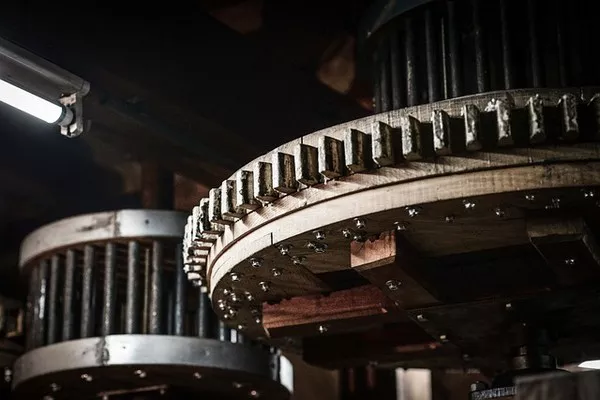In a recent report, technology and engineering giant ABB sheds light on groundbreaking advancements and strategies in Brazil, China, India, Sweden, and the US, which are at the forefront of transitioning to fossil-free steel production.
The report features insights from key steel industry players, including SSAB, Tata Steel, and Aperam, alongside experts from the American Association for Iron and Steel Technology and ABB.
Titled ‘What does the journey to fossil-free steel look like? How to achieve a sustainable future,’ the ABB report delves into the challenges associated with decarbonization, such as cost implications, the complexity of transitioning to lower carbon technologies, and the critical need for access to hydrogen, clean electricity, high-grade iron ore, and fossil-free carbon and lime.
Presently, steel production is recognized as carbon and energy-intensive, standing among the six ‘hard to abate’ sectors. Globally, the steel industry accounts for approximately 8% of the world’s energy demand and contributes 7-9% of CO₂ emissions, primarily from fossil fuel combustion, as indicated by sources including the International Energy Agency (IEA) Iron and Steel Technology Roadmap.
Aligned with the United Nations Paris Agreement on climate change, aiming to limit the global temperature increase to below 1.5 °C compared to pre-industrial levels, the steel industry must achieve net-zero emissions by 2050. This transformative goal requires substantial changes, especially considering the anticipated 30% rise in global steel demand by the same deadline.
The ABB report spotlights innovative approaches to fossil-free steel production in five leading steel markets:
Sweden’s HYBRIT Technology: Spearheaded by SSAB, LKAB, and Vattenfall, HYBRIT leverages green hydrogen and fossil-free electricity, utilizing high-grade iron ore from LKAB mines, eliminating the need for coking coals.
Aperam’s Renewable Substitute: Aperam, associated with the ResponsibleSteel™ industry initiative, employs charcoal from FSC®-certified forests in Brazil, serving as a renewable alternative to coal-based coke, drastically reducing CO₂ emissions.
Tata Steel’s HIsarna Process: Operating in India, the HIsarna process employs a powdered form of raw ore material, reducing emissions by up to 20% compared to traditional Blast Furnace-Basic Oxygen Furnace (BF-BOF) methods.
Shiva Sander Tavallaey, Senior Principal Scientist at ABB Corporate Research Center, emphasizes the intrinsic role of digitalization in fostering collaboration, optimizing resource usage, and ensuring accountability for emission targets.
The ABB report not only outlines immediate actions for steel producers to reduce carbon in the short and medium term but also emphasizes collaborative efforts with industry suppliers and partners to collectively work towards a fossil-free steel future.
Frederik Esterhuizen, Global Business Line Manager for Metals at ABB, underscores the accelerating momentum driven by regulatory, commercial, and social factors, emphasizing the crucial need for integrated solutions and collaboration at every level of the global steel supply chain.
He adds, “A digital, autonomous, and fossil-free steel industry is possible through partnership. ABB is taking an approach of partnership and collaboration to integrate innovative technology with ABB’s existing portfolio for the steel industry. Initiatives from around the world show that the industry is committed to a sustainable future, with several promising developments in the works. Through innovation and partnership, a green steel future is an achievable reality.”

